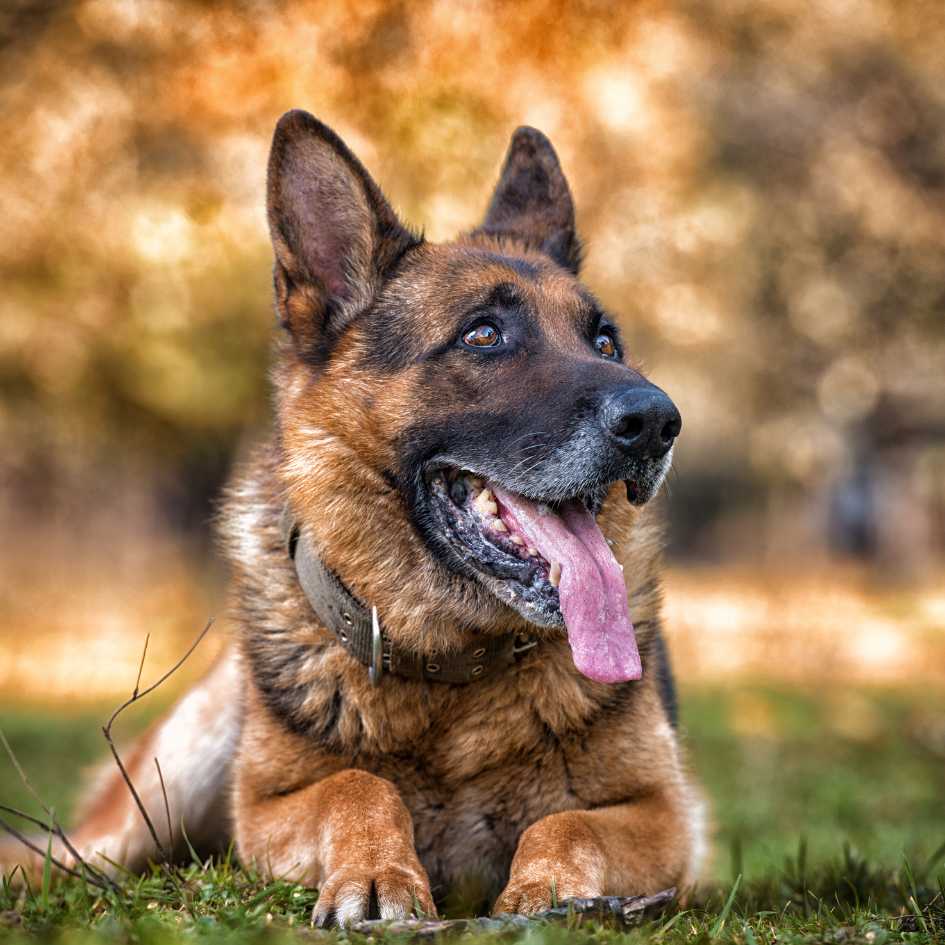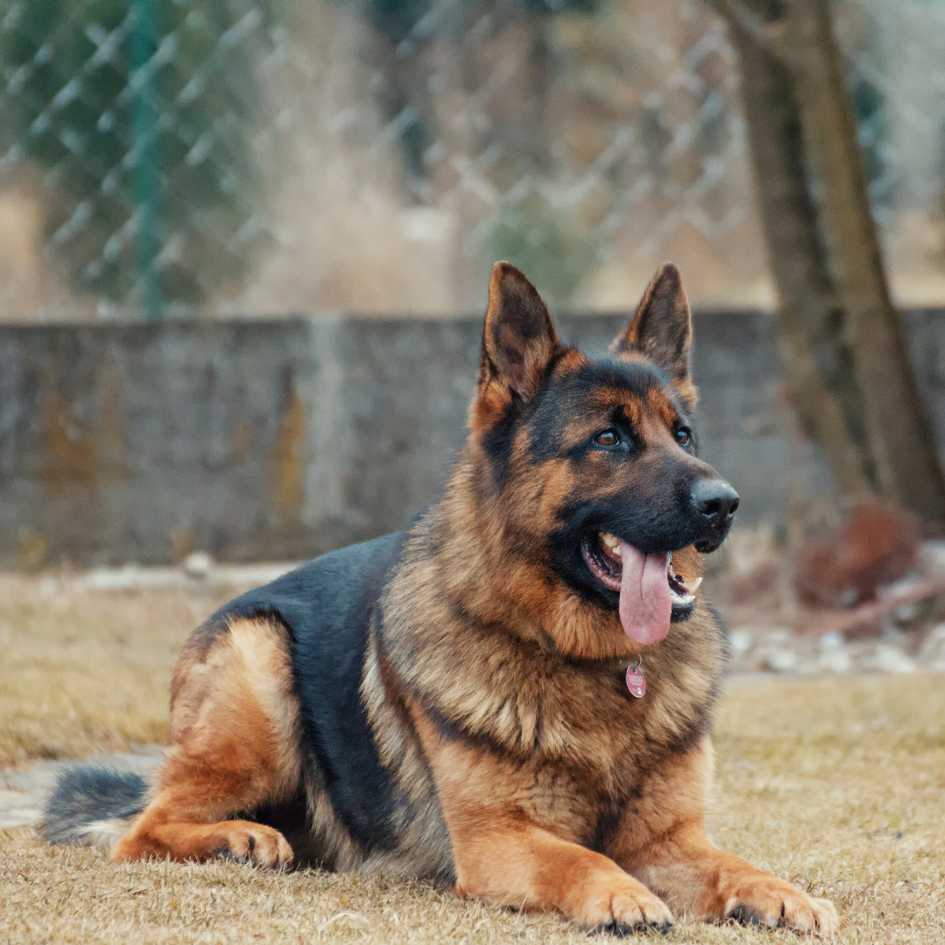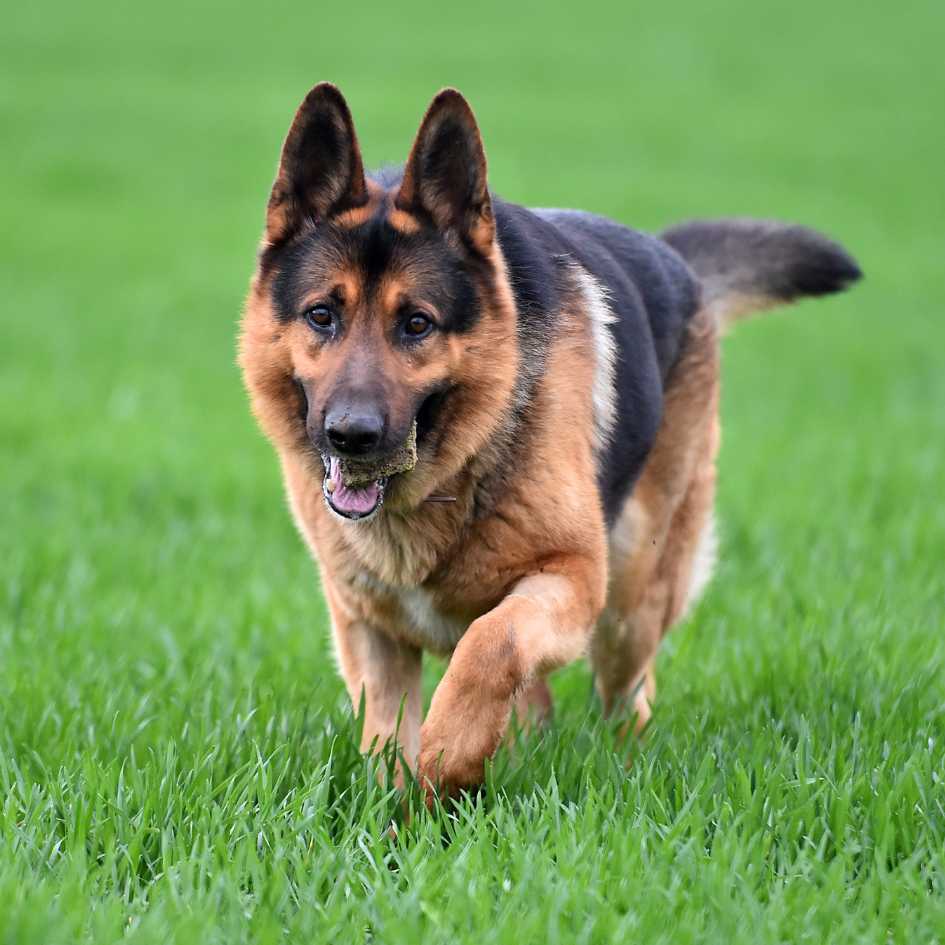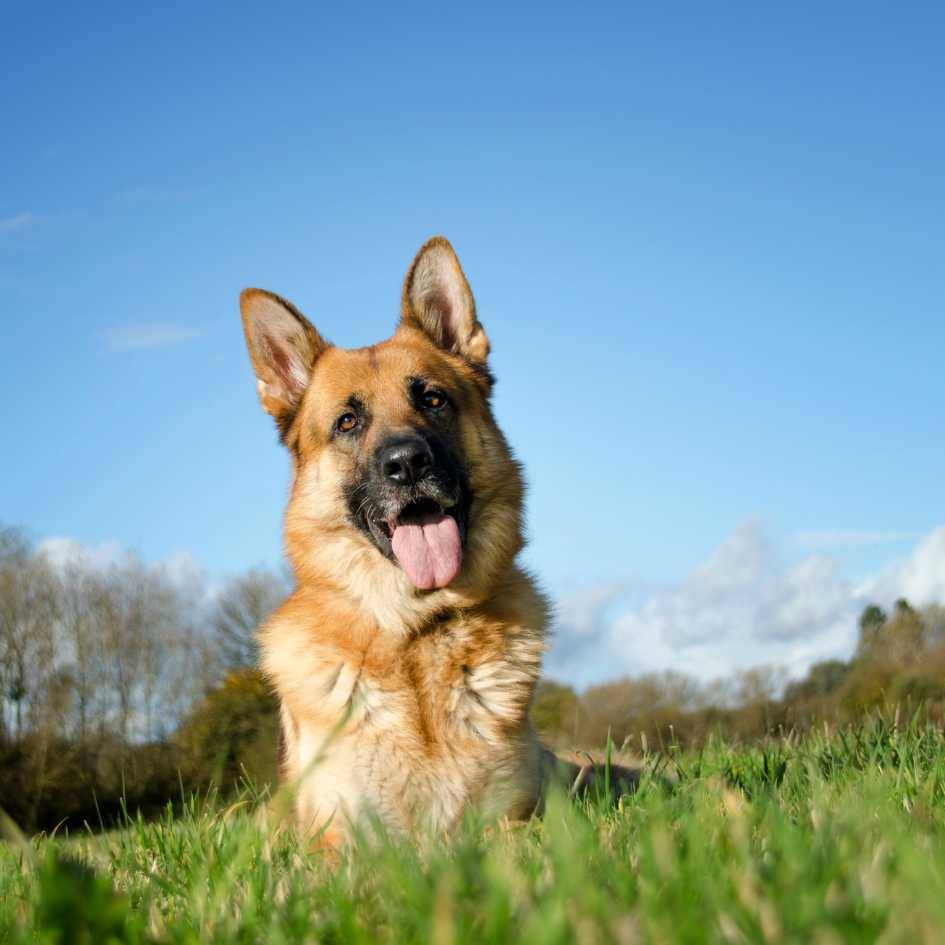The German Shepherd Dog Breed: Everything You Need to Know About This Loyal and Intelligent Dog


The German Shepherd dog breed stands out as one of the most intelligent, loyal, and versatile dogs in the world. From working on the frontlines with police and military to being loving family companions, German Shepherds offer a blend of strength, sensitivity, and smarts that’s hard to beat. This article provides comprehensive dog breed information, making it a must-read for pet parents, enthusiasts, and prospective owners. Whether you’re considering adopting a puppy, researching the breed, or seeking training tips, this is your one-stop guide to understanding the beloved GSD.
What Is Unique About the German Shepherd Breed?

The German Shepherd is a powerhouse in the canine world. Known for its intelligence, loyalty, and strength, this dog breed is both highly trainable and extremely versatile. Originally recognised by the American Kennel Club in the early 1900s, the German Shepherd quickly became a popular dog for a variety of roles.
One key feature that sets the German Shepherd dog apart is its reputation as a working dog. You’ll often find them serving as a police dog, in search and rescue, or supporting the disabled. Their keen sense of smell, obedience training compatibility, and eagerness to please make them ideal for specialised tasks.
How Was the German Shepherd Originally Breed?

The German Shepherd dog breed was developed in the late 19th century by Max von Stephanitz, who aimed to create the perfect herding dog. Drawing from the best traits of local German herding dogs, he bred the first Schäferhund, combining agility, obedience, and intelligence.
These dogs were originally bred to herd sheep and protect livestock. As society evolved, their role expanded into security, military, and service work. The breed’s structure, including a bushy tail and erect ears, became iconic and aligned with the breed standard maintained by the German Shepherd Dog Club and the Shepherd Dog Club of America.
What Is the Temperament of a German Shepherd Dog?

German Shepherd temperament is a blend of confidence, loyalty, and intelligence. This dog breed is alert, making them excellent watchdogs, but they are also loving and bond deeply with their families. These loyal dogs are protective yet trainable, with the right socialisation and training tips.
This breed requires mental stimulation and purpose. Without engagement, a German Shepherd may become bored or anxious. Because of their natural guarding instincts, early obedience training is essential to avoid territorial behaviour. Their temperament makes them best suited for experienced pet parents who understand the breed’s needs. What Should Pet Parents Know About German Shepherd Health?
When it comes to German Shepherd health, there are several conditions potential owners must be aware of. Common issues include hip dysplasia, elbow dysplasia, and bloat (GDV). These can lead to mobility problems and, in the case of bloat, life-threatening emergencies.
More severe conditions such as degenerative myelopathy, a spinal degenerative disease, and exocrine pancreatic insufficiency (EPI) can also affect the breed. Routine veterinary care and feeding quality dog food formulated for large-breed dogs are essential to prolonging a German Shepherd’s healthy lifespan.
How to Groom a German Shepherd Effectively?

German Shepherd grooming is essential due to their double coat—an outer coat and an undercoat. The breed sheds year-round, especially during seasonal changes. To manage the German Shepherd’s undercoat, brush your dog at least 2–3 times a week using the right tools.
You’ll also need to groom their nails, clean their ears, and brush their teeth regularly. Bathing should be occasional, using pet care shampoos to avoid drying their skin. Developing a consistent grooming routine helps keep your German Shepherd dog healthy and comfortable.
What Do You Need to Know When Raising a German Shepherd Puppy?

German Shepherd puppies are curious, energetic, and highly impressionable. From a young age, they benefit from structured routines, social exposure, and positive reinforcement. Raising a puppy requires commitment, especially considering the breed’s high activity level and intelligence.
Feeding your puppy a balanced dog food designed for large dog breeds supports healthy bone growth and helps prevent hip and elbow dysplasia. Use a leash early during dog training, and ensure your puppy is gradually introduced to new environments, sounds, and people. The right foundation helps develop a well-adjusted adult gsd.
How Long Do German Shepherds Live?

The average life expectancy of a German Shepherd ranges from 9 to 13 years. With proper care, many live into their teens. Lifelong health hinges on diet, exercise, and regular veterinarian visits.
As they age, German Shepherds may experience arthritis, degenerative myelopathy, or even cancer such as hemangiosarcoma. Being proactive with checkups and offering supplements for joint health can help improve their lifespan and quality of life.
What Should You Ask a German Shepherd Breeder?

Choosing a reputable German Shepherd breeder is critical for getting a healthy dog. Ask about breed information, health clearances, and the breeder’s experience with the German Shepherd dog. Ensure the breeder tests for hereditary issues such as hip and elbow dysplasia.
Ethical breeders should also show where the dogs are raised and allow you to meet the parents. If you’re not buying from a breeder, consider checking out a German Shepherd rescue for adoption options.
How Does the German Shepherd Compare to Retrievers Like Golden Retrievers or Labrador?

Compared to a Golden Retriever or Labrador, the German Shepherd is more protective and alert. While retrievers are known for their friendliness and sociability, German Shepherds often require more structured training and early socialisation to avoid overprotectiveness.
However, both the German Shepherd and retriever breeds are easy to train and thrive in active households. The choice often comes down to lifestyle and expectations. Families looking for a loyal, vigilant companion may prefer the German Shepherd dog, while those seeking a more relaxed temperament may opt for a golden retriever.
Is the German Shepherd the Right Dog Breed for You?

A German Shepherd is one of the best choices for pet parents seeking an intelligent dog with a strong sense of loyalty and purpose. However, they are best suited for people who can commit to regular exercise, consistent dog training, and proper grooming.
This dog breed thrives when given a job or task. If you want a faithful companion who can also serve as a protector, watchdog, or working dog, the German Shepherd dog may be perfect for you.
Key Takeaways About the German Shepherd Dog Breed

- The German Shepherd is an intelligent, loyal, and versatile dog breed.
- Originally bred in Germany as a herding dog, the breed is now used in police, military, and service roles.
- Common health issues include hip dysplasia, elbow dysplasia, bloat, and degenerative myelopathy.
- Grooming is crucial due to their double coat; regular brushing helps control shedding.
- Early training, socialisation, and structured care are key for raising well-behaved puppies.
- The average life expectancy is 9–13 years, with good care extending their lifespan.
- Choose a reputable German Shepherd breeder or consider a German Shepherd rescue.
- Compared to retriever breeds like the Golden Retriever, German Shepherds require more mental engagement and structured routines.
- They are best suited for experienced pet parents who understand the demands of a high-energy, working dog.
For more breed-specific advice, gear recommendations, and expert guides, visit HankPets—your trusted resource for all things pet care.
German Shepherd Price in India
The price of a German Shepherd in India can vary depending on factors such as breed quality, lineage, location, and breeder reputation. On average, here’s what you can expect:
- Pet Quality German Shepherd: ₹15,000 – ₹25,000
- Show Quality / KCI Registered Pup: ₹30,000 – ₹60,000+
- Imported Bloodline Puppies: ₹70,000 – ₹1,00,000 or more
Note: Prices may also vary based on whether the dog is a long coat or short coat, male or female, and whether you’re purchasing from a breeder, kennel, or pet store.
Always choose a responsible and ethical breeder who prioritizes the health and well-being of the dog over commercial interests.











































